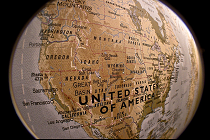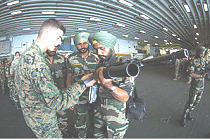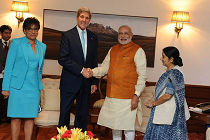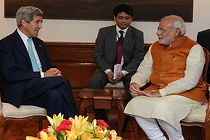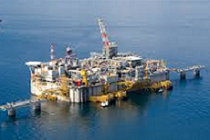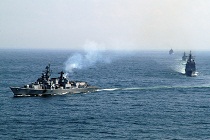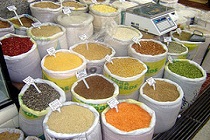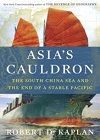Indian union and American federalism
Although the histories, levels of economic development, and critical issues of India and the U.S. are different, the confrontational party politics in their political systems pose similar challenges. Both countries can learn from the experience of federalism of the other to take their national agendas forward

